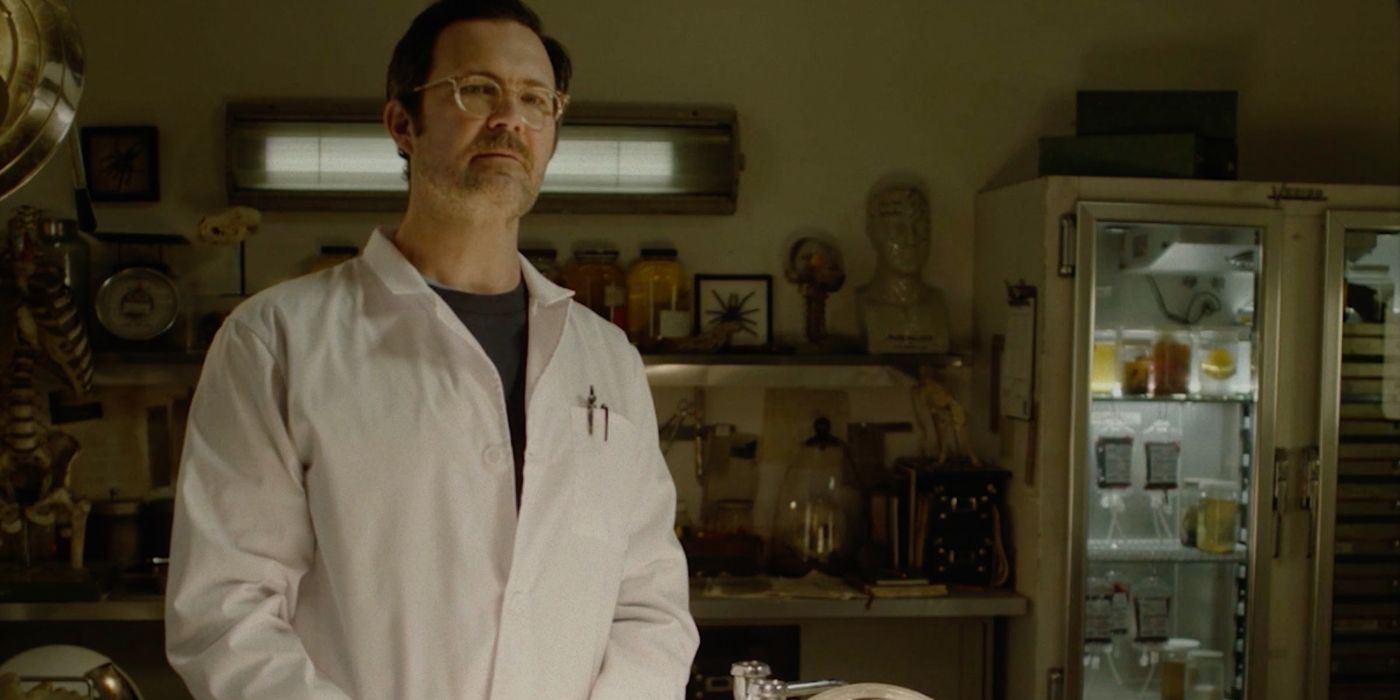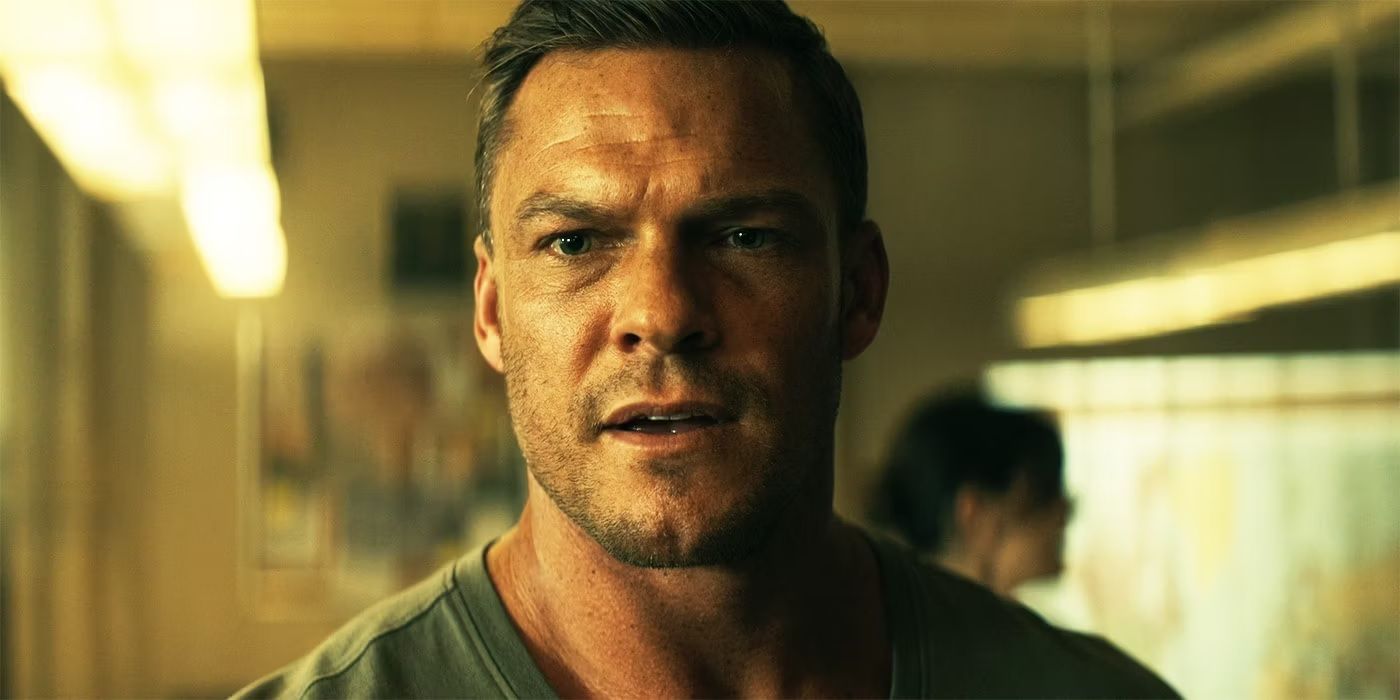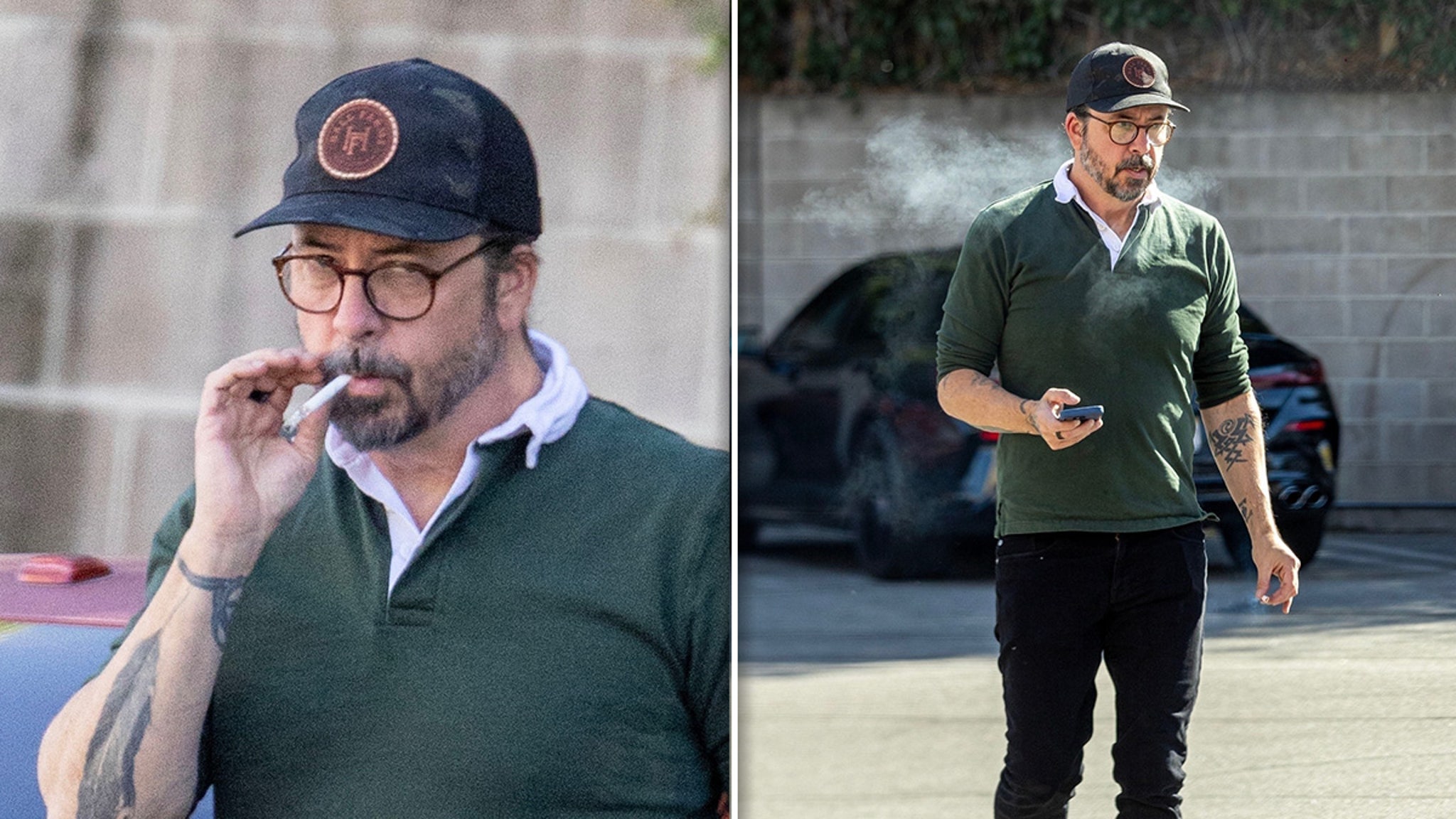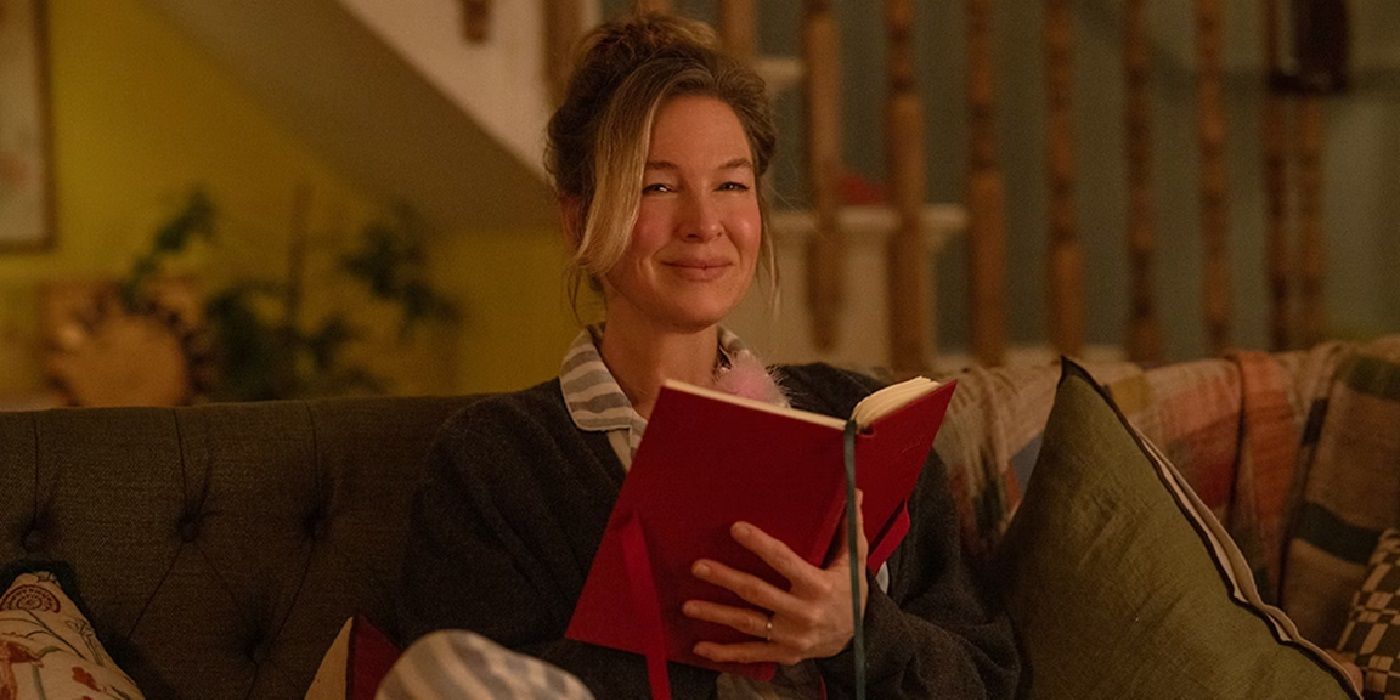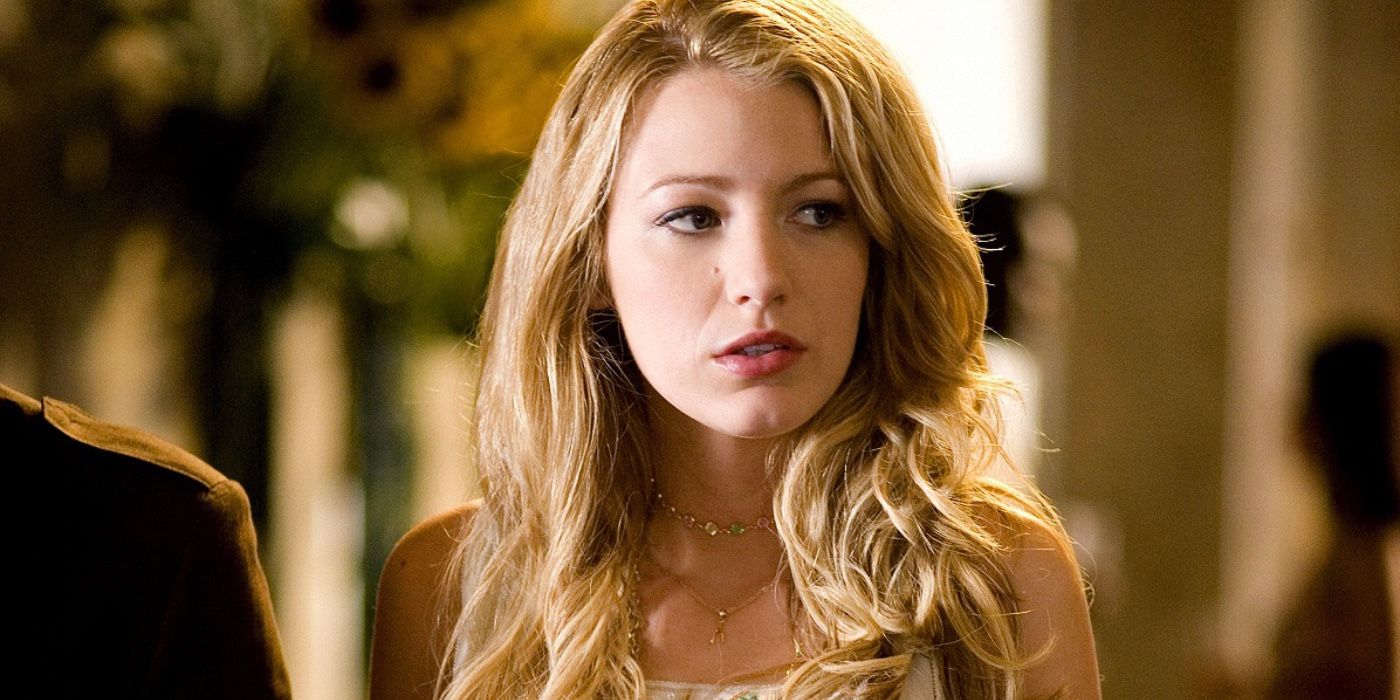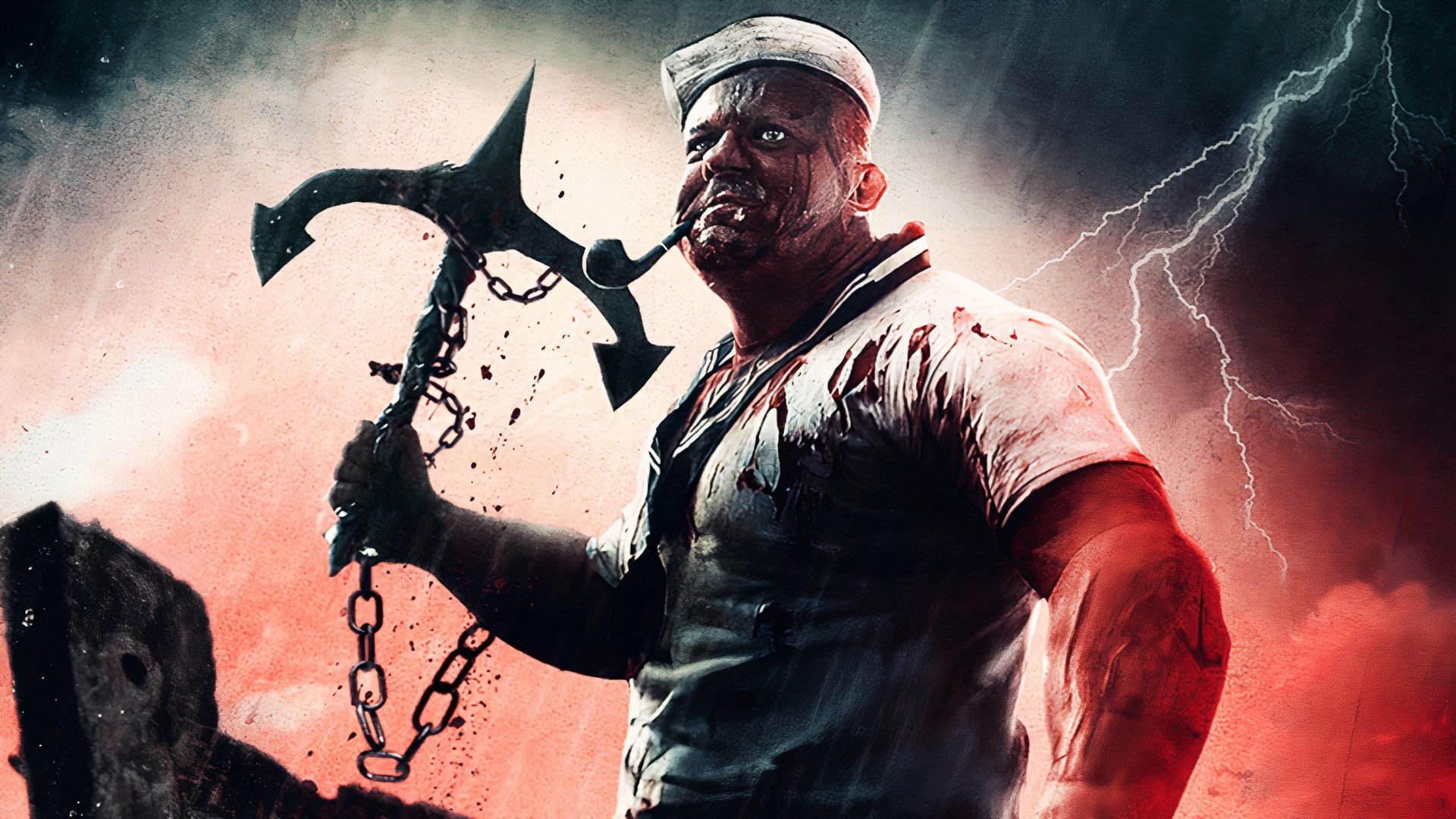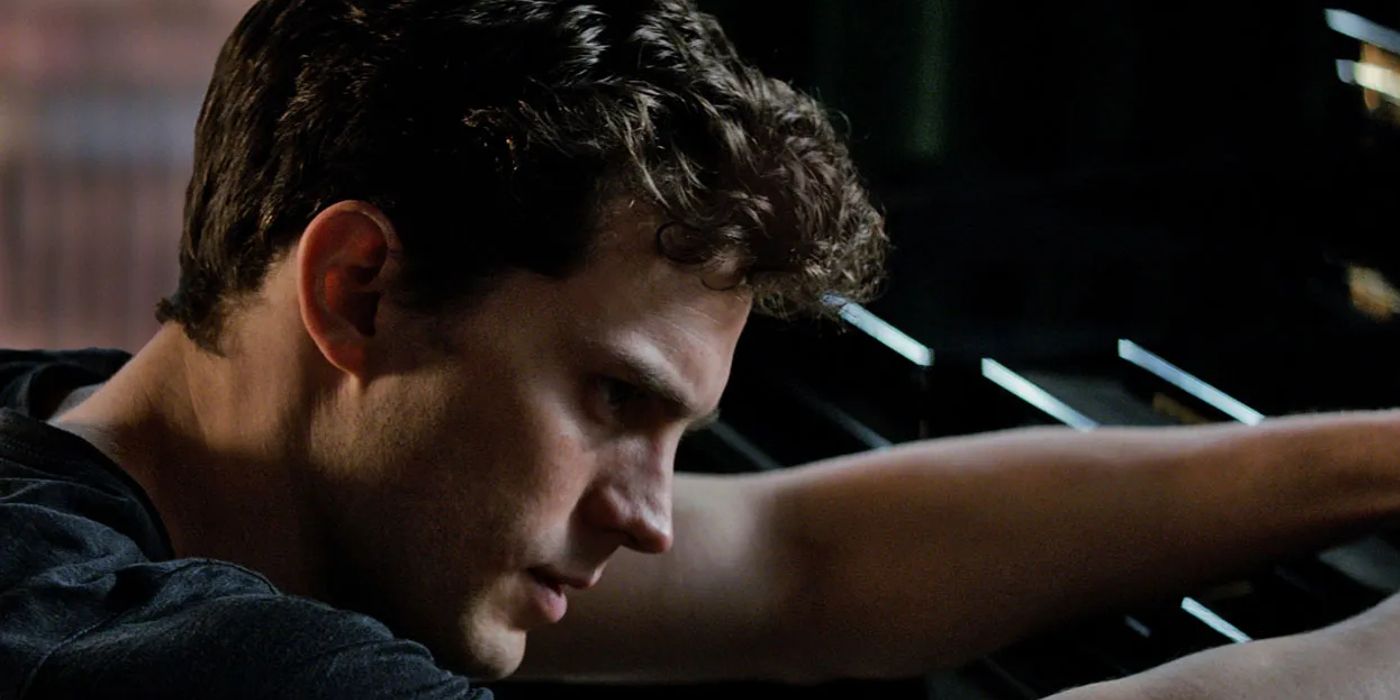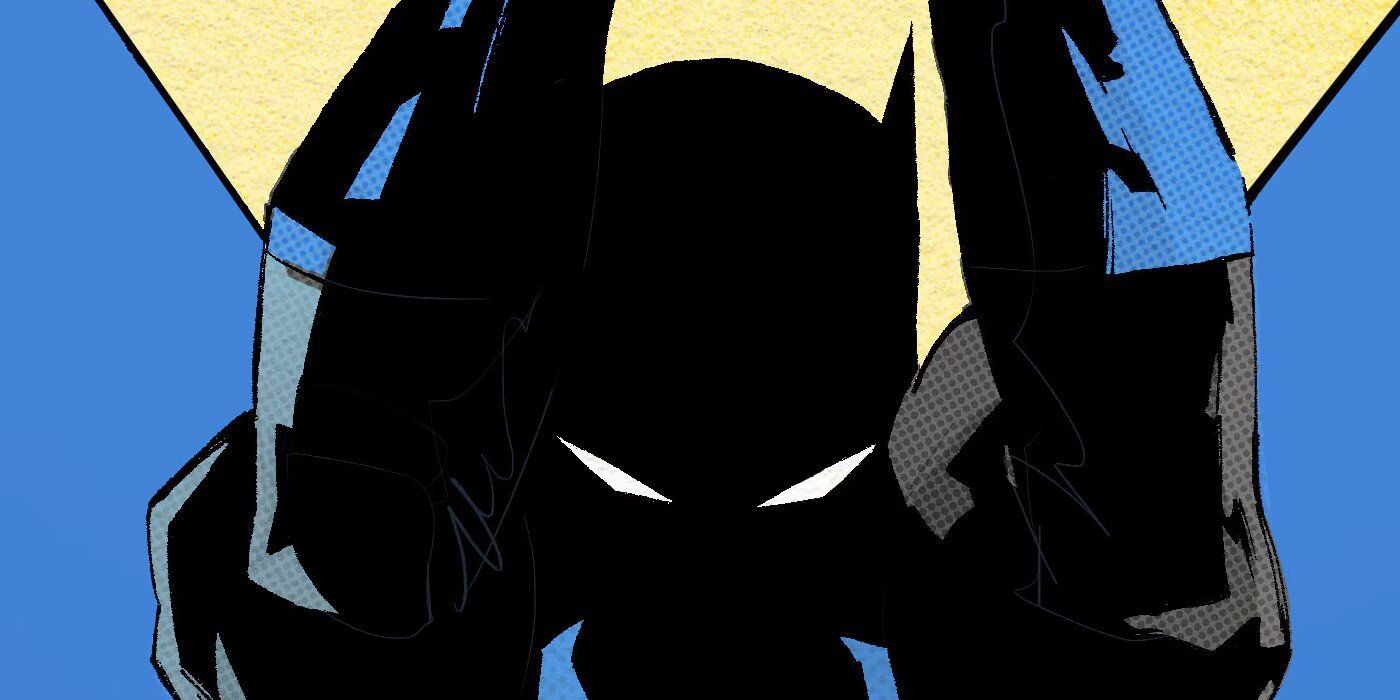Created by the brilliant Robert and Michelle King (who also run the other best show on Paramount+, “The Good Fight,” a very different show narratively but another one that constantly subverts storytelling expectations), “Evil” is essentially a modern “The X-Files” with the supernatural and religious instead of the alien. The skeptic in this case is Dr. Kristen Bouchard (Katja Herbers), a forensic psychologist who has been hired to determine the veracity of potential miracles or demonic involvement. The believer is David Acosta (Mike Colter), a former journalist who is studying to be a priest and dealing with his own crises of faith. They work with a contractor named Ben (Aasif Mandvi), the logical mind who is supposed to prove the scientific explanations for what they uncover but increasingly finds himself questioning what he knows to be true. Causing trouble on the fringe is the incredible Michael Emerson as Dr. Leland Townsend, a literal vessel for evil, and Kristen’s mother Sheryl (Christine Lahti), who is both committed to her daughter and fascinated by her rival.
The ten-episode third season opens precisely where the last season ended, as Kristen and David seem on the verge of giving into their strong mutual attraction. Of course, in “Evil” fashion, that doesn’t play out as expected, and the show centers serious issues for David in the early part of the season, especially after he’s approached by an emissary for the Vatican to perform some tasks. The Catholic Church is presented on “Evil” almost like an organization that would employ the Cigarette Smoking Man in “The X-Files,” operating in the shadows to amplify acts of faith and hide examples of unchecked evil.
The writers of “Evil” unpack its title in different ways every episode, and that’s the main joy of the show, seeing how they can find examples of evil in everything from memes to a game that looks like “Animal Crossing” to crypto currency. What does the word evil mean? And how does it weave its way through everyday life? It’s one of the most sharply written shows on TV, and I adore how it embraces the lost art of episodic storytelling. Much like its inspirations, episodes often present standalone stories but they work in the fabric of the overall piece. They’re like patches in a quilt, great on their own but also easily appreciated in the context of the cumulative piece.
You can view the original article HERE.


